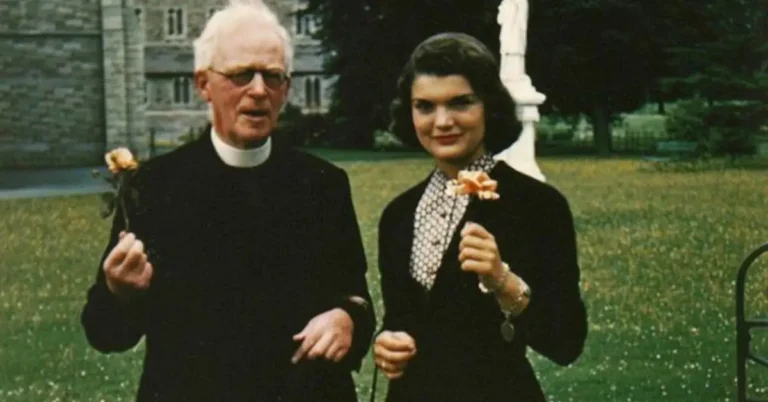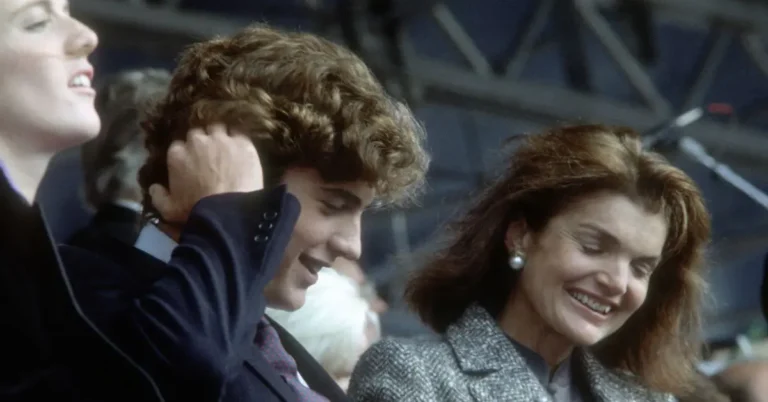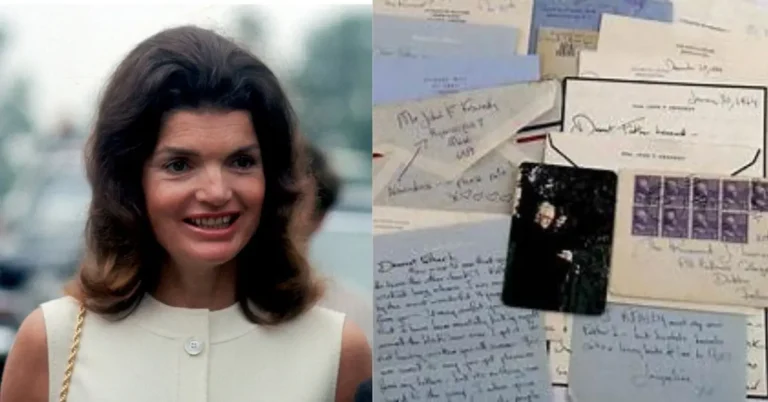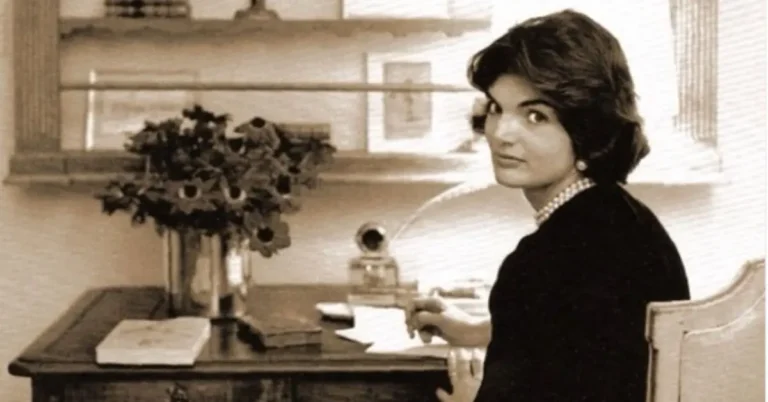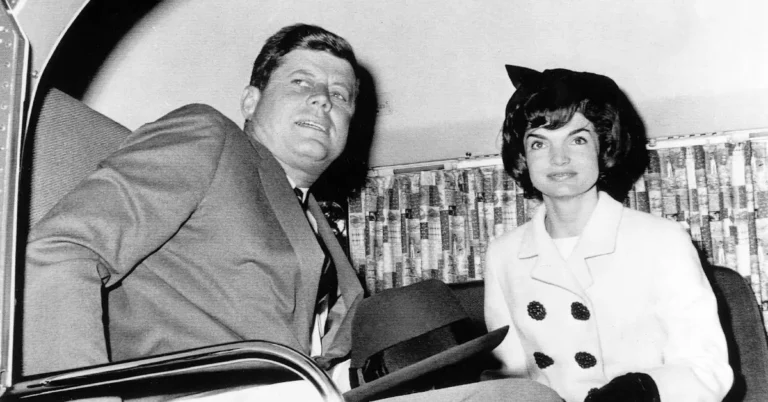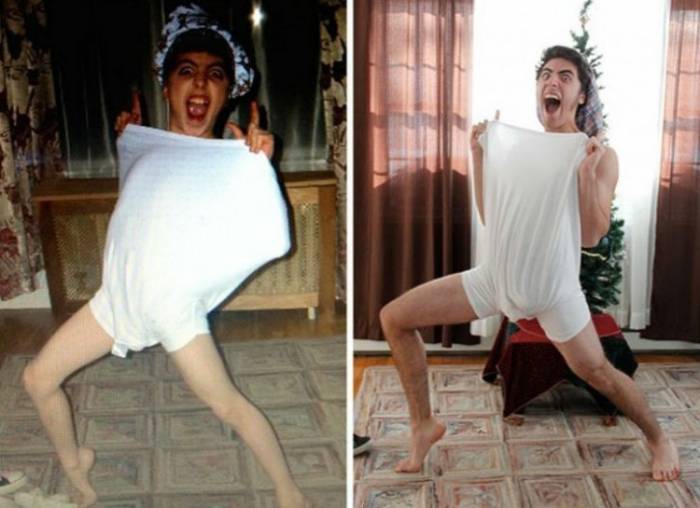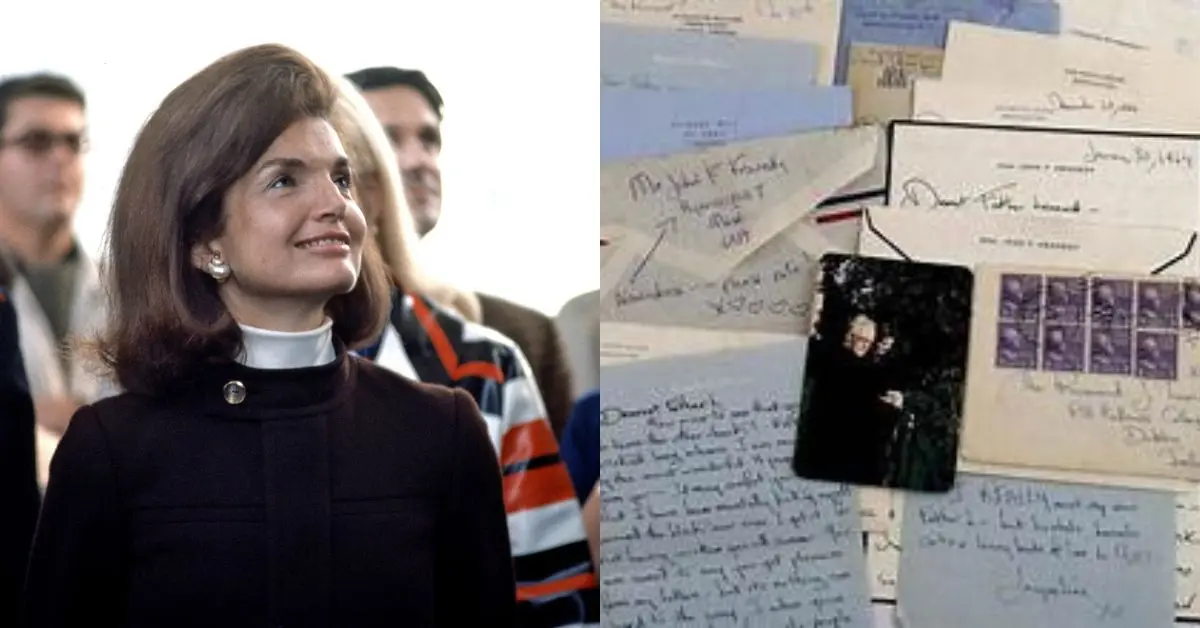
cover 19
She embodied grace, elegance, and quiet resilience — Jacqueline Kennedy, America’s cherished First Lady, mesmerized the world with her beauty, poise, and steadfast composure.
But behind the iconic style and composed smile was a woman burdened by private sorrow, loneliness, and lingering doubts — emotions she confided only to one trusted soul: an elderly Irish priest, Father Joseph Leonard.
It’s such a relief to write all of this down and get it off my chest — I never really talk about it with anyone, but poor you has to read it!” Jackie confided to Father Joseph Leonard, revealing the unique bond she shared with the Irish priest.
In 1950, a 21-year-old Jackie traveled to Ireland and met Father Leonard — a gentle, empathetic soul and decorated World War II veteran — who quickly became more than just a spiritual guide. He saw beyond her socialite image and recognized the vulnerable young woman beneath. Over the next 14 years, Jackie penned 33 heartfelt letters in a candid, easygoing tone, finding in him a sanctuary for her most private thoughts.
To him, she confided fears, insecurities, and emotional struggles she never shared with anyone else. Stripping away her public armor, Jackie opened up about her spiritual doubts, emotional turmoil, and the challenges she faced behind closed doors.
Each letter was signed with warmth and affection: “Bushels, barrels, carts & lorry loads of love to You – Jacqueline XXXOO.” She even playfully explained to Father Leonard that the “Xs and Os” stood for hugs and kisses, adding, “Now you know what they mean so you don’t have to reveal my indiscretions to other women.”
In one letter from 1952, which we’ve seen, Jackie admitted she almost never became a Kennedy at all — she was “so terribly much in love” with her then-fiancé, New York stockbroker John Husted. But just months later, in July of that same year, she confessed that another man had unexpectedly captured her heart.
“I think I’m in love with — and I think it would interest you — John Kennedy,” Jackie wrote in one of her letters to Father Leonard. “He’s the son of the ambassador to England, the second son — the eldest was killed. He’s 35 and a congressman.”
She added, with uncertainty, “Maybe it will end very happily, or maybe, since he’s this old and set in his ways and so intensely focused on his career, he just won’t want to give up much time to extracurricular things like marrying.”
But despite her doubts, he did propose.
Later, Jackie confided to Father Leonard that she had already come to terms with the possibility of JFK’s infidelity — drawing comparisons to her own father, John ‘Black Jack’ Bouvier. Though her parents had divorced when she was just 10, she remained deeply devoted to her father, flaws and all.
She reflected on the strong-willed men in her life, writing that her new husband had “such a strong personality — like his father, Joseph Kennedy, who so completely overpowered Mrs. Kennedy that he doesn’t even speak to her when she’s around. Her only solace now is her religion… I don’t think Jack’s mother is very bright. She’d rather say a rosary than read a book.”
Jackie also opened up about the emotional toll of being married to a man like JFK. She described him as “frighteningly ambitious” and said, “He’s like my father — he loves the chase and is bored by the conquest. Once married, he still needs proof he’s attractive, so he flirts with other women and resents you. I saw how that nearly destroyed Mummy.”
Jackie’s heartbreak deepened with the devastating loss of her stillborn daughter, Arabella, in 1956.
Though she maintained a composed and graceful appearance in public, her anguish poured out in her letters to Father Leonard. In one deeply emotional confession, she admitted she was struggling with her faith: “I am so bitter against God.”
Yet even in her pain, she acknowledged a glimmer of meaning in shared sorrow, telling Leonard she could “see how sadness shared brings married people together.”
The following years brought both joy and further sorrow. She welcomed daughter Caroline in 1957 and son John in 1960. But in 1963, tragedy struck again when her infant son, Patrick, died just two days after birth — and only three months later, her husband was assassinated.
JFK’s death shattered her completely. Writing on black-edged paper in the wake of the tragedy, Jackie confessed: “I would have rather lost my life than lost Jack.” She added with searing honesty, “God will have a bit of explaining to do to me if I ever see Him… how can He let such cruelty happen?”
